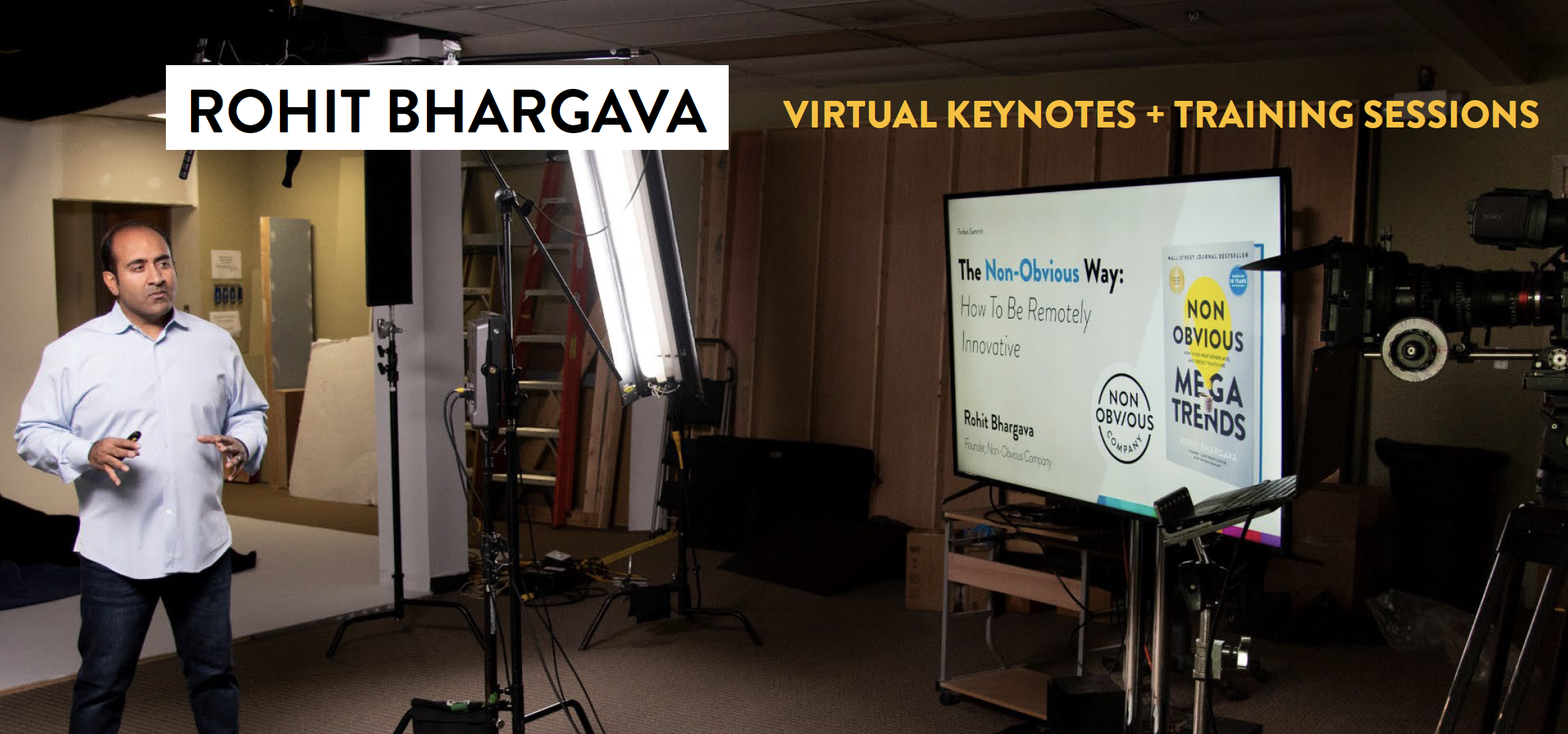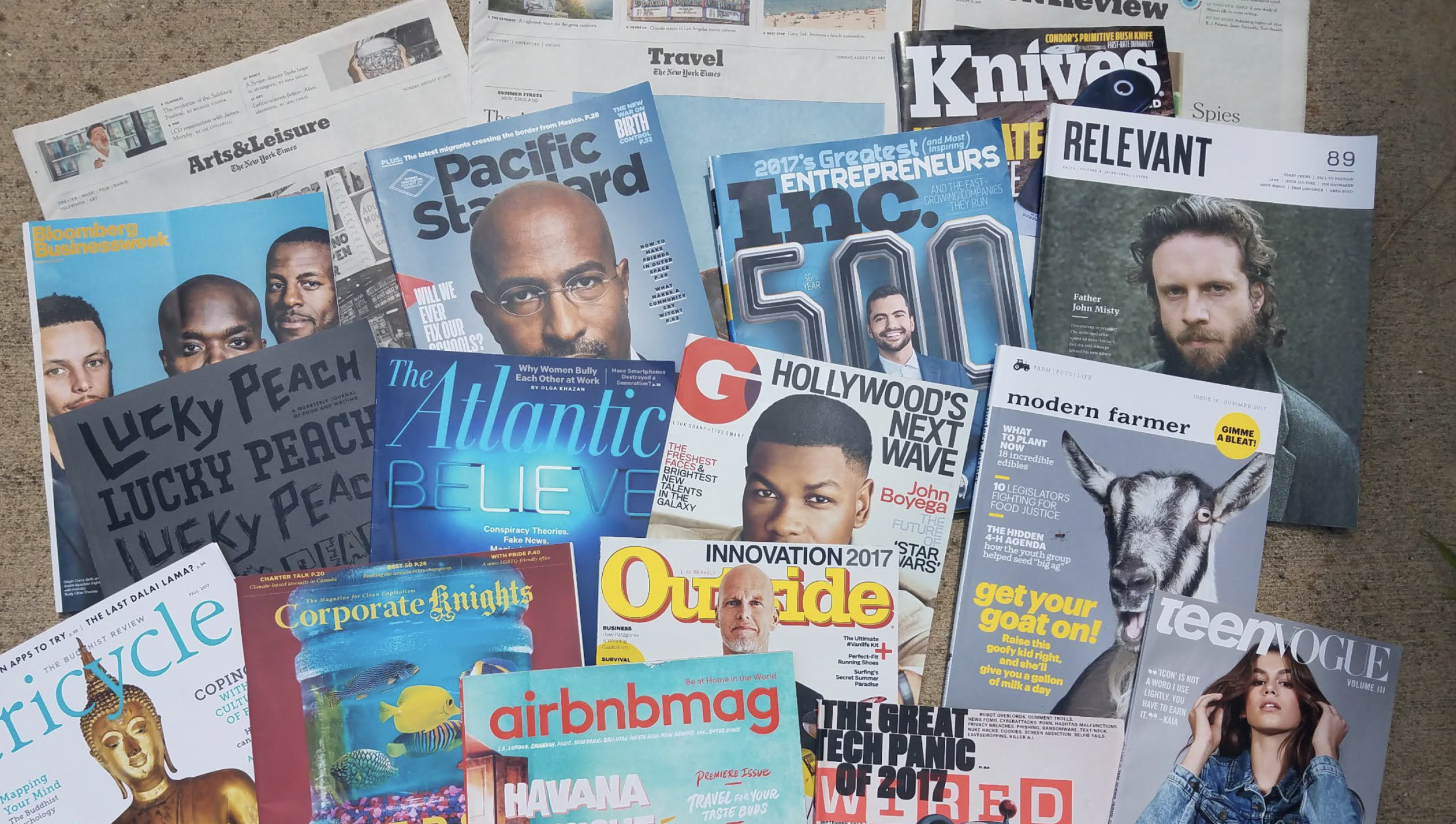How Non-Obvious Thinking Can Help Your Business
Earlier this week, we attended a webinar with keynote speaker Rohit Bhargava, presented by Comcast NBCUniversal LIFT Labs. Rohit Bhargava is the founder of the Non-Obvious Company, which helps founders recognize new opportunities and implement ideas to succeed in the future. The topic of the webinar was "How To Be A Non-Obvious Thinker During A Pandemic (And Why It Matters)." Rohit gave us tips and advice on how to utilize trends when making business decisions.
Below you'll find five habits for non-obvious thinking and five ways you can implement current trends in your business.
FIVE HABITS:
According to Rohit, in order to become a non-obvious thinker, it's important to implement these five habits:
Be Curious - always ask why.
Be Thoughtful - take time to think.
Be Elegant - craft beautiful ideas.
Be Fickle - learn to move on.
Be Observant - see what others miss.
Incorporating these habits can help you make more intentional business decisions, allow you to see things from a different perspective, and pick-up on trends that are impacting your industry. Trends will enable you to see what is happening around you to make the right decisions when looking ahead for your business.
FIVE TRENDS:
These are the five trends Rohit believes are changing our culture during the pandemic and how you can use them to shift your strategy.
Human Mode: We are longing for a connection with other people that we are unable to get through the use of technology. There is a higher value on a physical, authentic connection with another human.
How to use this trend: "Made with Empathy" as a strategy (ex: stores opening early for seniors, Some Good News with John Krasinski)Instant Knowledge: We have access to information that allows us to have a broader view of the world more quickly. To prevent ourselves from being narrow-minded, we need to get outside of our bubble of information - view and read sources that are not targeted to you. Read a lot from a wide variety of sources - figure out what's meaningful and what isn't.
How to use this trend: "Help people get smarter faster" (ex: recipe videos, how-to books)Revivalism: There is an overload of technology and information that makes life seem too complicated, and people turn to nostalgia for "simpler times."
How to use this trend: "Rediscover the analog" (ex: classic board/video games, movie remakes/sequels)Purposeful Profit: This pandemic has brought the need for sustainability and ethical practices to the forefront. This has forced companies to adapt to make a difference.
How to use this trend: "Stand for something bigger" (ex: producing hand sanitizer, donating food, repurposing products)Flux Commerce: We begin to blur the lines between industries that cause the disruption of typical business model expectations. It allows consumers to get ready for changes without being paralyzed by the disruption.
How to use this trend: "Disrupt your business and how you work" (ex: banks with coffee shops, Apple with credit cards)
Using Rohit's tips, can you think of trends that you should be looking for in your industry? How can you utilize them to plan ahead? For more tips and information on non-obvious thinking, be sure to subscribe to Rohit's weekly newsletter, and check out his newest book, "Non-Obvious Mega Trends."



